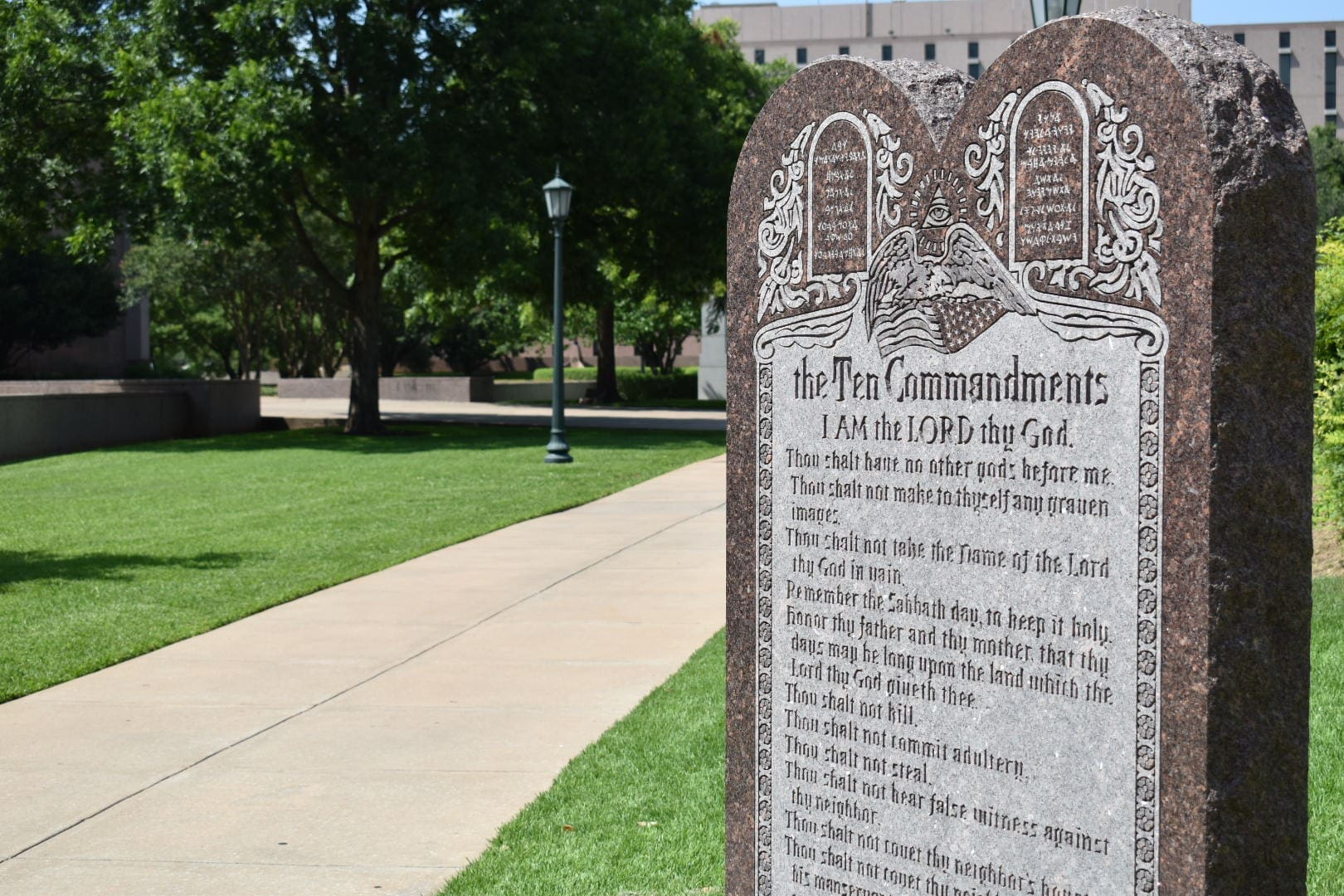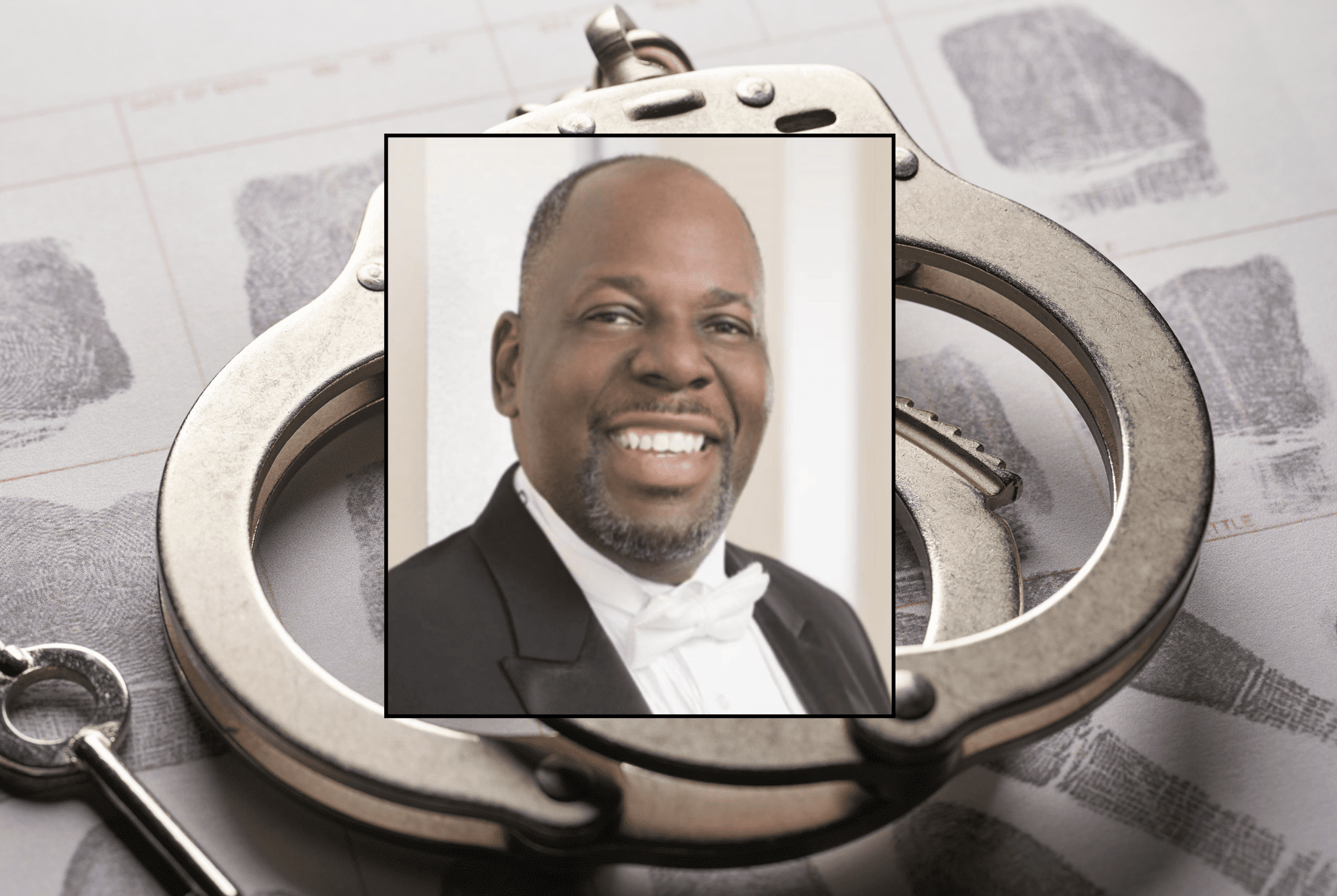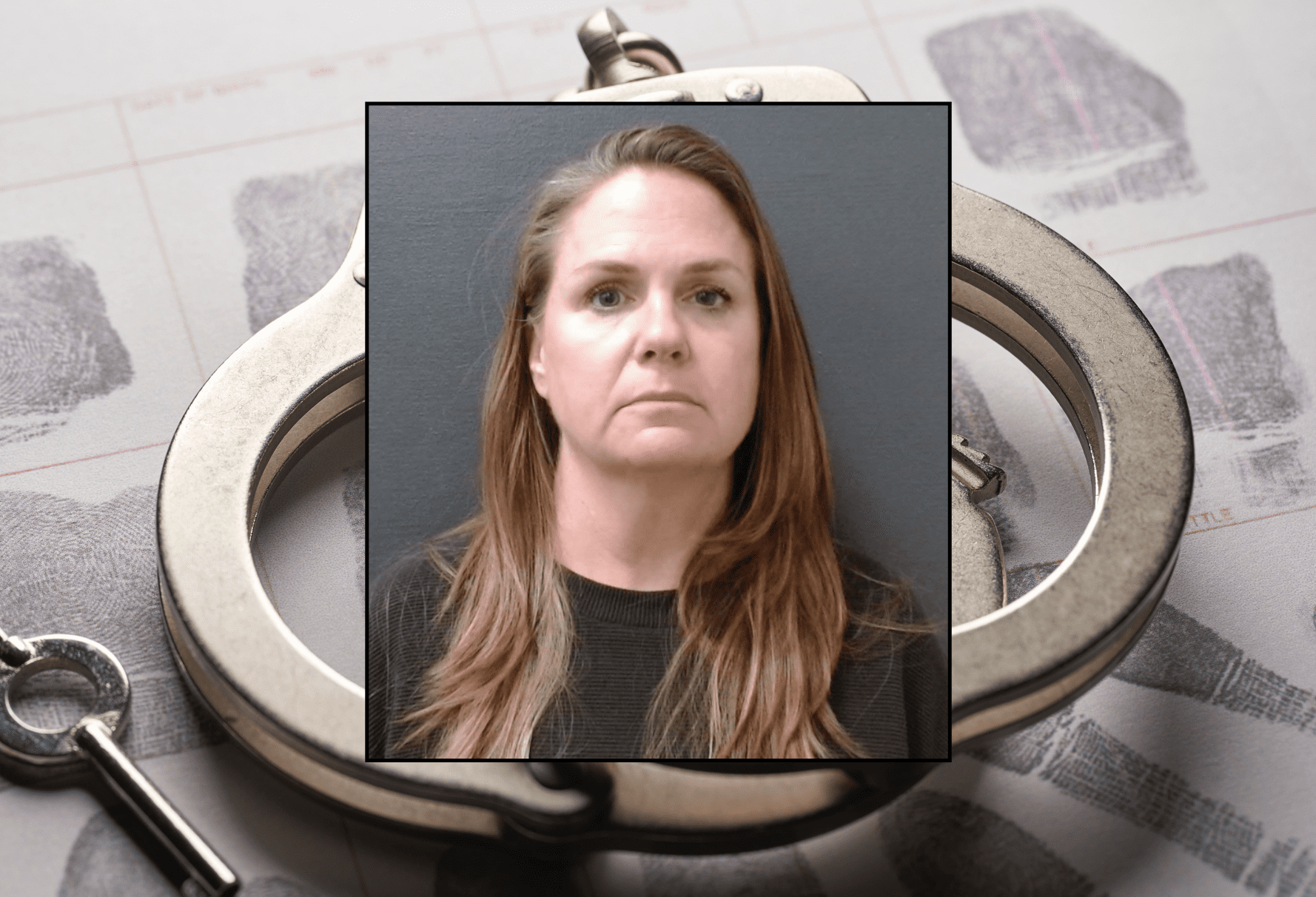Texas public schools could soon be required to display a copy of the Ten Commandments in every classroom, but a Democrat lawmaker has criticized the proposal as “unChristian.”
Senate Bill 1515 by State Sen. Phil King (R–Weatherford) passed the Texas Senate by a vote of 17-12 on April 20 and was considered during a hearing of the House Public Education Committee this week. It is sponsored in the House by State Rep. Candy Noble (R–Lucas).
During the hearing, Noble explained that although the Ten Commandments “are foundational to our American education system and to our American judicial system,” the 1980 Supreme Court ruling in Stone v. Graham restricted their display in public school classrooms on the grounds that it violated a legal standard for determining whether a statute is compatible with the First Amendment prohibition against “an establishment of religion.” (Specifically, the Court ruled that a Kentucky law similar to that currently proposed in Texas was unconstitutional because it did not serve a secular purpose, the first criterion of the three-prong “Lemon test” established by the 1971 precedent in Lemon v. Kurtzman.)
Last year, however, the Supreme Court ruled in Kennedy v. Bremerton School District that the Lemon test should be abandoned; the Court replaced it with a directive to consider “historical practices and understandings” in determinations of a law’s constitutionality as it relates to the Establishment Clause. In the bill’s Senate committee hearing, King argued the legislation “became legally feasible” with the ruling, saying it is “a good, healthy step for Texas to bring back this tradition of recognizing America’s religious heritage.”
Noble pointed out that the language proposed for the required posting is identical to that found on the Ten Commandments monument on the grounds of the State Capitol. Citing the 2005 precedent in Van Orden v. Perry, she explained the Supreme Court determined the monument’s placement on government property does not violate the Establishment Clause because it could be viewed as a recognition of the nation’s legal tradition.
She also noted that the Supreme Court building itself contains several carvings depicting Moses holding two stone tablets, which, according to the Old Testament narrative, God used to write the Ten Commandments.
“This legislation will bring back this historic tradition of recognizing America’s foundational heritage in both our education and our judicial system,” said Noble.
Witnesses testifying in favor of the bill included Timothy Barton of Wallbuilders, Matt Krause of First Liberty Institute, and Mary Elizabeth Castle of Texas Values. Representatives from the Texas Freedom Network, the Texas chapter of the American Federation of Teachers, and interfaith organization Texas Impact testified against the legislation.
State Rep. James Talarico (D–Austin), however, attacked the legislation using a series of straw man arguments propagated by the bill’s opponents.
First, he suggested the Legislature is breaking several commandments—such as that to keep the Sabbath by scheduling Saturday votes, not to murder by refusing to abolish the death penalty, and not to worship idols by considering legislation requiring teachers to display the Ten Commandments—and asked if Noble would be willing to accept an amendment exempting teachers from having to display the Ten Commandments if a member of the Legislature breaks one of them.
Noble replied that she wanted to “keep this bill clean as it came over from the Senate.”
Next, Talarico asserted the bill establishes a preference for one religion over another and asked if Noble would be willing to allow teachers to post the central tenets of other religions instead of the Ten Commandments.
Noble said, “We’re talking about something that has historically been in our education system and our earliest textbooks in America,” adding that the Ten Commandments are “very foundational to the history of our nation.”
Talarico asked a similar question regarding historical documents such as the Code of Hammurabi and the Magna Carta. Noble replied with the same answer, suggesting that Talarico was going down a “bunny path.”
Finally, he asked if Noble would be willing to require parental consent before the Ten Commandments are posted in their children’s classrooms, arguing the state requires such consent for students to participate in sexual education presentations.
Noble said she would not, explaining that the Ten Commandments are “foundational to being a good citizen and being a good member of a classroom.”
Talarico concluded his comments by saying he thought the bill is “not only unconstitutional, it’s not only unAmerican, I think it is also deeply unChristian. And I say that because I believe this bill is idolatrous, I believe it is exclusionary, and I believe it is arrogant.”
Noble, however, responded that it “actually rights a wrong that was done all those years ago based on what has now been considered a failed decision by the Supreme Court,” stating it “restores those liberties that were lost and reminds students all across Texas of the importance of [a] fundamental foundation of American law and Texas law.”
The committee has until May 20 to vote on the bill for it to have a chance at passing before the current session ends on May 29.





